After nearly 6 months of her family's pig herd being attacked by African swine fever (ASF), Ms. Tran Thi Nga (Binh Tho village, Yen Hoa commune) has just started to re-herd herd to "plan" for sale at the end of the year.
Ms. Nga said: “For us, pig farming is still the main source of income, so we cannot leave the barn empty for too long. Currently, I am raising nearly 50 pigs with various weights, ranging from 7 kg to 60 kg/pig. I do not re-herd in large numbers, and all imported piglets are kept in separate barns for monitoring for over 21 days before being placed in the common barn system. Fearing disease, I also regularly spray disinfectant on the barns and hang mosquito nets. In addition, I limit going out to avoid bringing in pathogens and do not let strangers into the farming area. I hope these pigs will be safe until the end of the year and sell them near the Lunar New Year to recover the recent losses.”
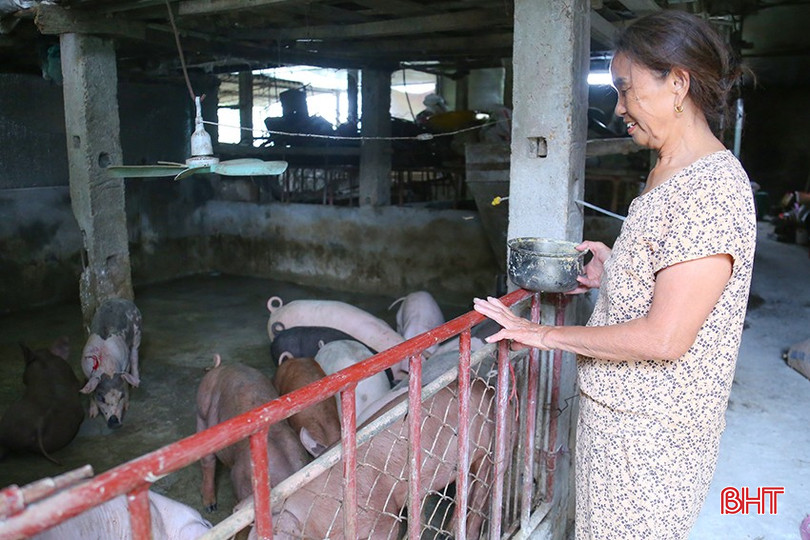
Like Ms. Nga's family, Mr. Nguyen Quoc Hien's 5 pig pens (Binh Tho village, Yen Hoa commune) have been empty for more than 6 months. Determining that the demand for pork will increase at the end of the year, in early September, Mr. Hien started raising 30 piglets again. Mr. Hien shared: "This time, ASF in the locality has been controlled, but I still apply many strict measures. In addition to buying healthy piglets and focusing on vaccination, my family does not allow strangers into the pig pen area to avoid infection from outside. Every week, we spray disinfectant twice around the area, sprinkle lime powder to disinfect, creating a safe breeding environment."
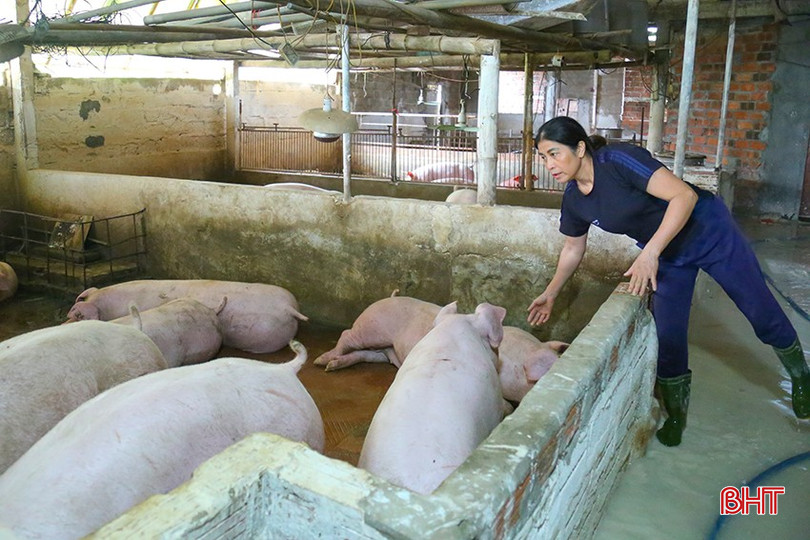
Although farmers are making efforts to restore their herds and implement many solutions to protect their pigs, the price movement in the market is still a big challenge. The price of live pigs is currently fluctuating between 55,000 and 58,000 VND/kg, making farmers worry that restoring their herds may not bring about the expected economic efficiency.
Mr. Tran Van Thanh (Cam Binh commune) said: “Breeding pigs are quite expensive, while the price of live pigs is low. If we raise them but do not sell them profitably, the risk is even higher. My family has just imported 30 pigs to test the market and has not dared to raise as many as before. If the price improves in the next period, I will buy about 30 more pigs to increase the herd.”
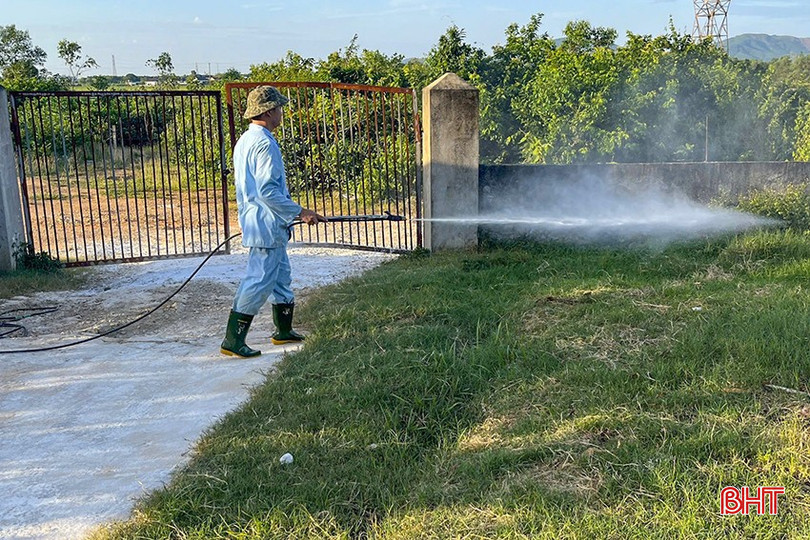
Along with that, the epidemic is still complicated, causing many businesses and farm owners to consider carefully before investing. Mr. Nguyen Van Suu - owner of a livestock farm in Hong Loc commune said: "The ASF situation has been tense for nearly a year, causing the unit's disease prevention costs to increase 3-4 times compared to normal. While the selling price of live pigs has continuously decreased, output is difficult, so product consumption is also limited. Currently, we are mainly focusing on disease prevention to ensure the safety of the herd of nearly 1,700 pigs."
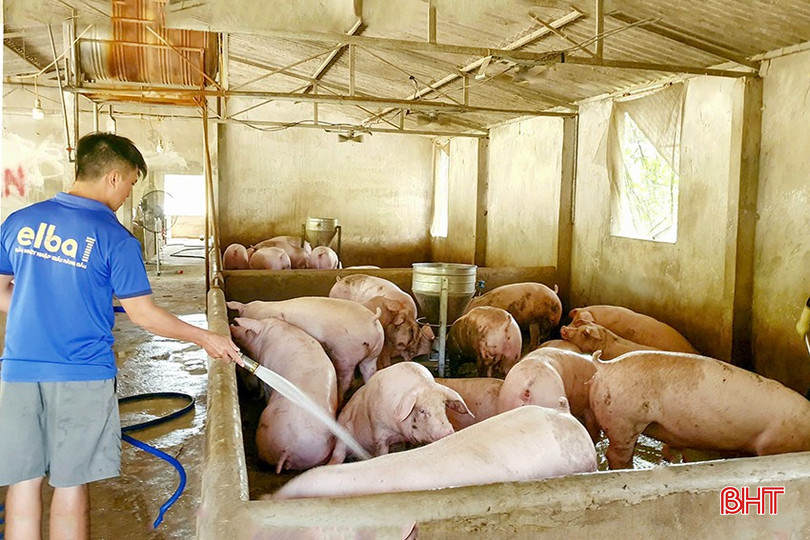
According to information from the Ha Tinh Department of Crop Production and Livestock, the whole province currently has about 40 communes and wards with the epidemic that has not passed 21 days. The epidemic situation in localities has shown signs of "cooling down", the number of infected pigs that have to be destroyed is decreasing. In addition, the pork consumption market has also recorded positive signs, purchasing power at traditional markets has gradually stabilized again.
This is a favorable condition for farms, small-scale livestock households to re-herd, restore production, and meet consumer demand at the end of the year. In particular, maintaining a stable pork supply from now until the Lunar New Year of the Horse will contribute significantly to stabilizing the market, avoiding shortages of goods and unusual fluctuations in prices in the province.

However, entering the transitional season, the erratic weather, constantly changing temperature and humidity are favorable conditions for pathogens to arise. On the other hand, at this time the number of livestock and poultry is often at a high level to prepare for the consumption demand at the end of the year, so diseases can easily invade and spread rapidly.
The industry recommends that livestock farmers, especially those in the farming sector, should not re-herd massively but should do so in a biosafety, cautious and controlled manner. Farmers must strictly comply with the quarantine process for newly imported pigs, fully vaccinate, regularly clean and disinfect barns; limit people and vehicles entering and leaving the livestock facility. Along with that, localities need to closely monitor the disease situation in the pig herd; strictly organize and implement disease prevention and control work, especially in places where there is an epidemic or high risk according to the instructions of the province and industry.
Source: https://baohatinh.vn/nguoi-chan-nuoi-than-trong-tai-dan-don-song-nhu-cau-cuoi-nam-post296204.html








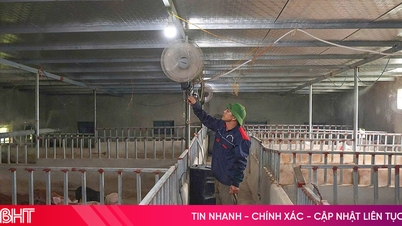
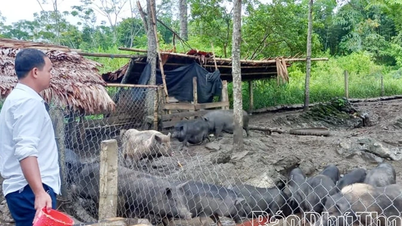

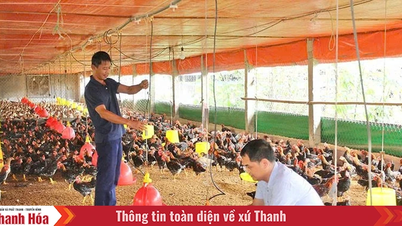

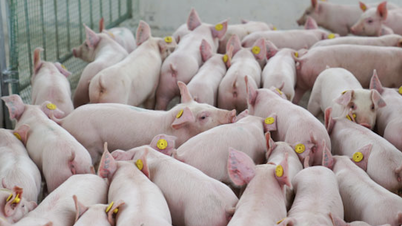

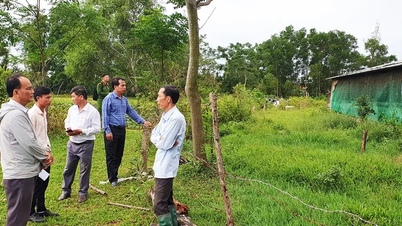

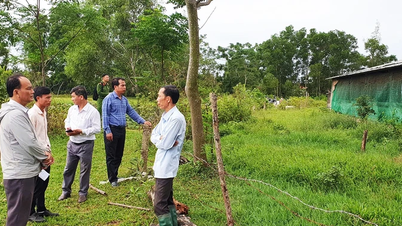














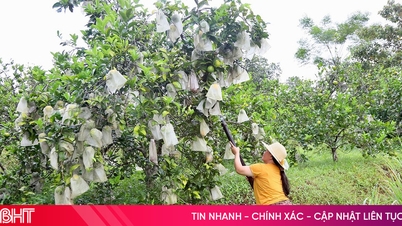



![[Photo] Soldiers guard the fire and protect the forest](https://vphoto.vietnam.vn/thumb/1200x675/vietnam/resource/IMAGE/2025/9/27/7cab6a2afcf543558a98f4d87e9aaf95)






























































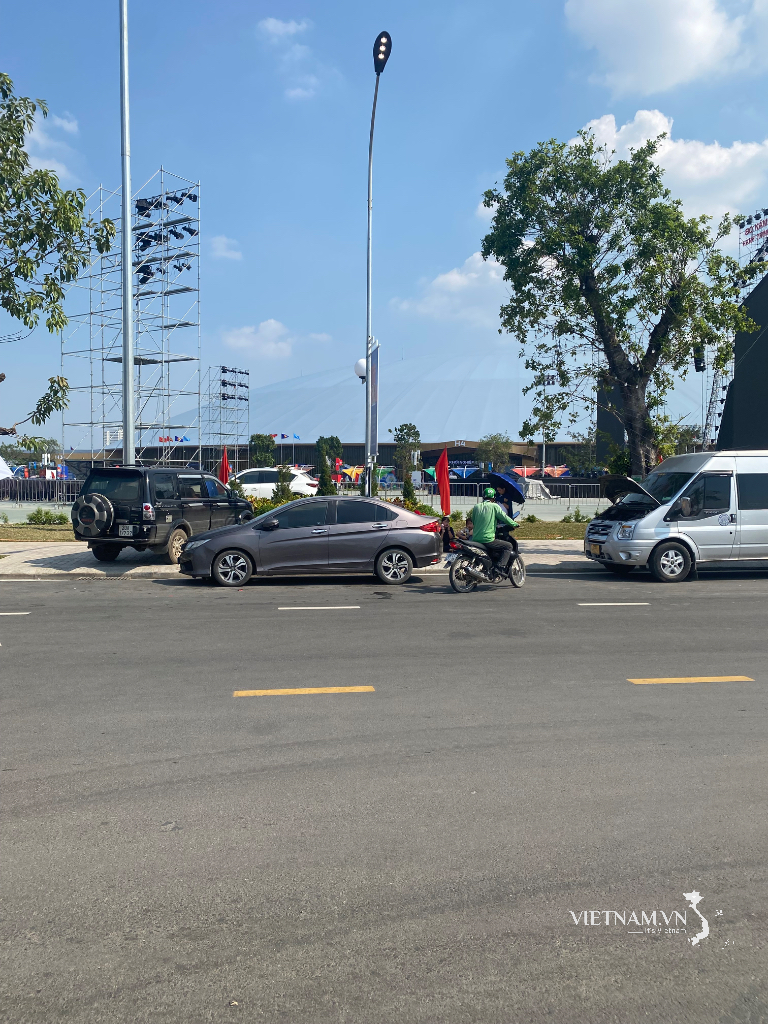



Comment (0)